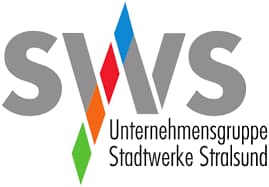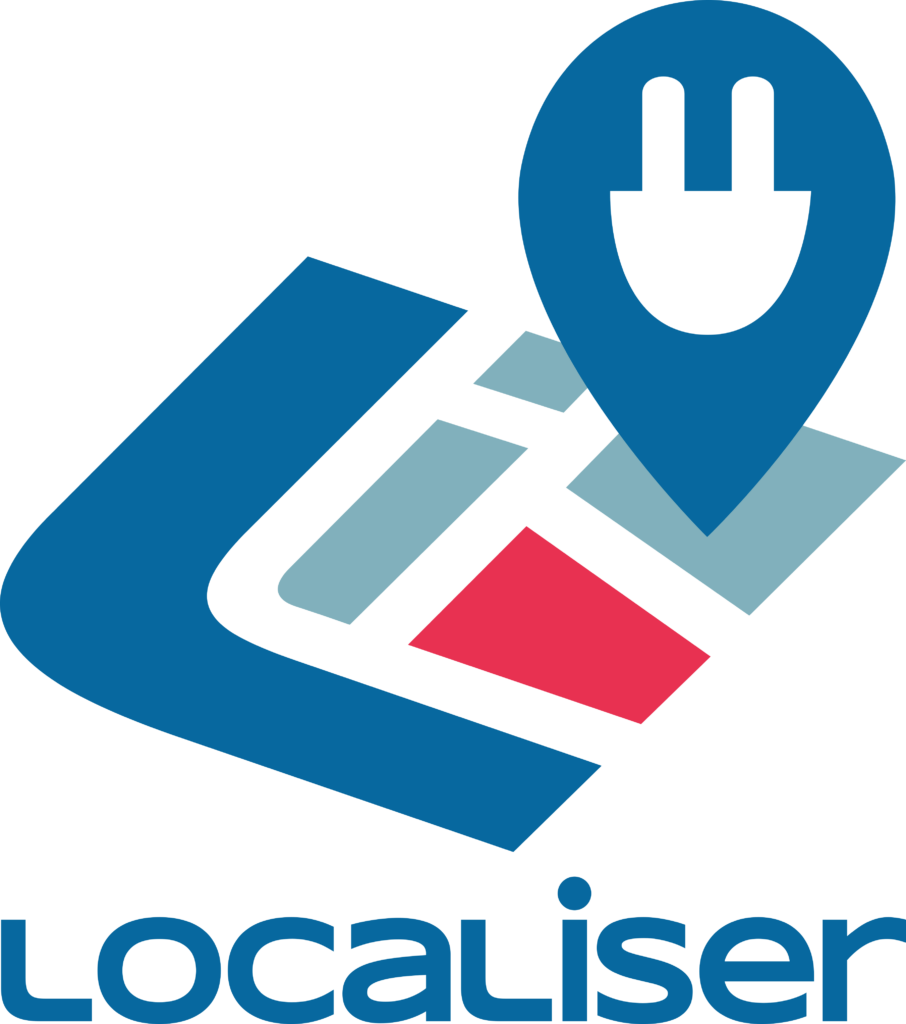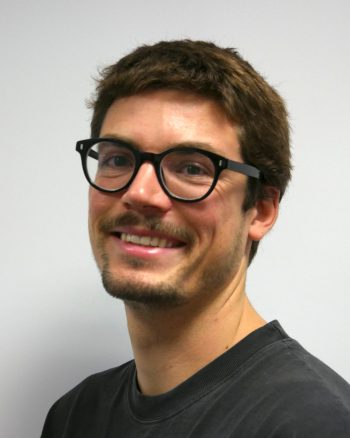Ladeinfrastrukturkonzept für die Hansestadt Stralsund

Projektbeschreibung
Die SWS Stadtwerke Stralsund GmbH wird in Zusammenarbeit mit dem Reiner Lemoine Institut und in enger Abstimmung mit der Localiser RLI GmbH ein Konzept zum Ladeinfrastrukturausbau für die Hansestadt Stralsund erstellen.
Fit für die Zukunft
Die Bundesregierung plant 15 Millionen E-Autos bis zum Jahr 2030 auf die Straßen zu bringen. Dafür muss in den Regionen vor Ort die entsprechend erforderliche Ladeinfrastruktur (LIS) sowohl privat wie auch öffentlich zugänglich bereitstehen. Für die Hansestadt Stralsund wird das RLI die Anzahl der E-Fahrzeuge und deren Ladestrombedarfe bis zum Jahr 2030 prognostizieren und daraus die Erfordernisse an die benötigte Ladeinfrastruktur (LIS) ableiten.
Wer wird wann, wo und wieviel laden?
Zur Planung von LIS ist eine Differenzierung der Standzeiten zum Laden der E-Fahrzeuge wichtig. Standzeit und Ladeleistung bedingen einander. Je länger die Standzeit, umso geringer kann die Ladeleistung ausfallen. Vor allem private Nutzer:innen, der Wirtschaftsverkehr oder Tourist:innen haben sehr unterschiedliche Anforderungen an Standzeiten und Standorte. Eine Aufteilung der unterschiedlichen Nutzungsgruppen (Use-Cases) spielt damit eine entscheidende Rolle. Das RLI wird die Ladevorgänge für unterschiedliche Lade-Use-Cases darstellen und anhand der Prognosen zum E-Fahrzeughochlauf die benötigten Energiemengen und Anzahl der Ladepunkte für die Hansestadt Stralsund bis zum Jahr 2030 ableiten.
Was macht die Hansestadt Stralsund besonders?
Die Hansestadt Stralsund als Mittelstadt und „Tor zur Insel Rügen“ ist ein besonders attraktives Ziel für den Tourismus. Das hohe Tourismusaufkommen konzentriert sich dabei auf die Altstadt, ist stark saisonal und wetterabhängig bezüglich der Tagestouristen. Um diese Spitzenbedarfe mit abzudecken, muss neben der privaten auch die öffentlich zugängliche LIS wirtschaftlich geplant werden. Das LIS-Konzept wird die spezifischen Herausforderungen und Chancen in der Hansestadt adressieren.
Aufgaben
- Durchführung von Workshops mit wichtigen Stakeholdern im Bereich LIS
- Bestandsaufnahme von Rahmendaten zur E-Mobilität in der Region der Hansestadt Stralsund
- Definition und Analyse unterschiedlicher Nutzungsgruppen und Lade-Use-Cases
- Prognose zukünftiger Ladebedarfe
- Geographische Verortung benötigter LIS


